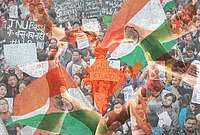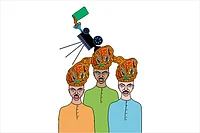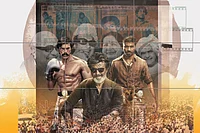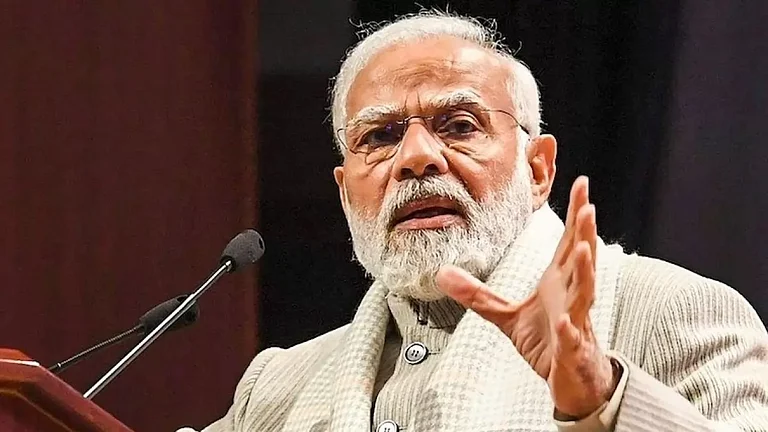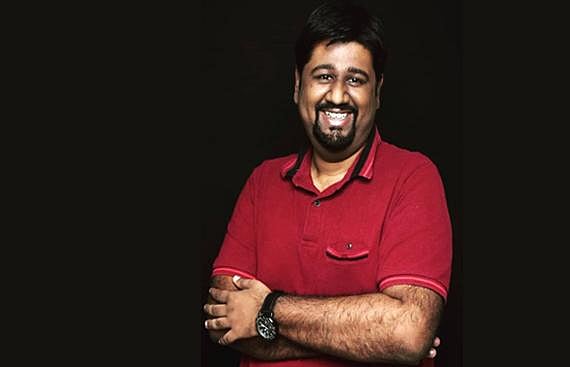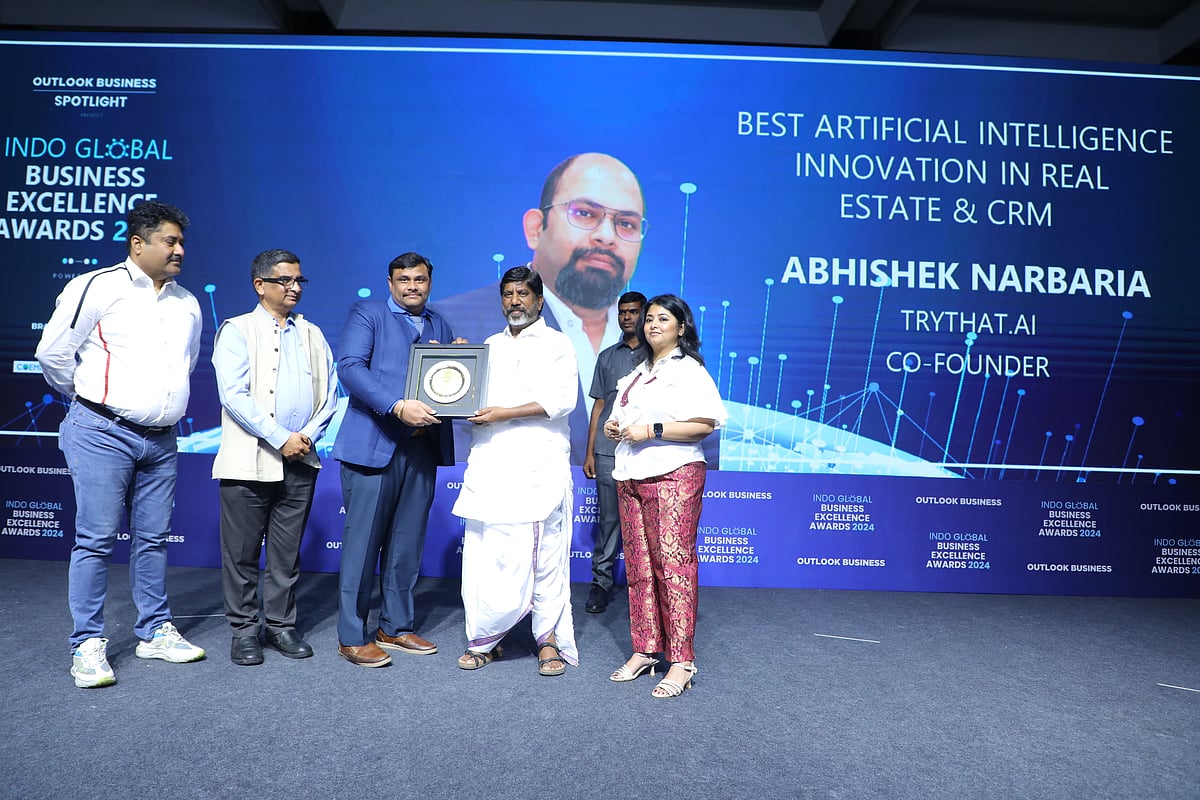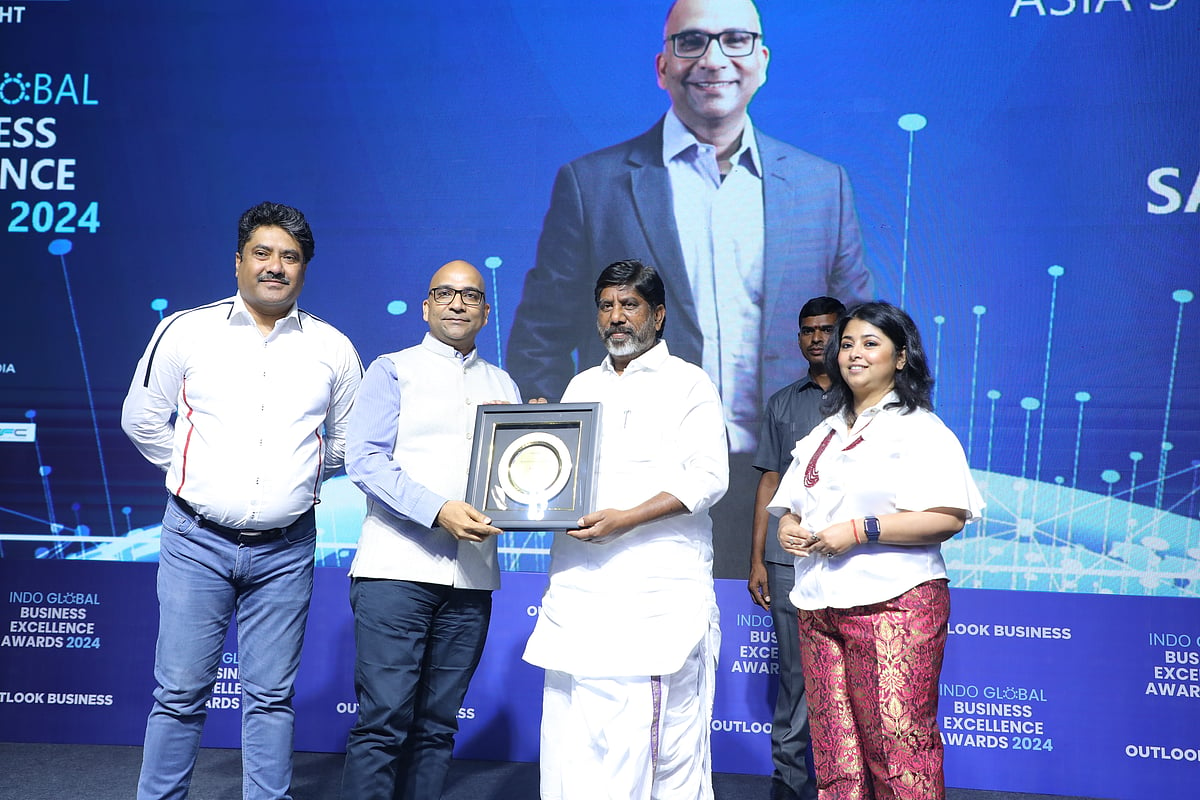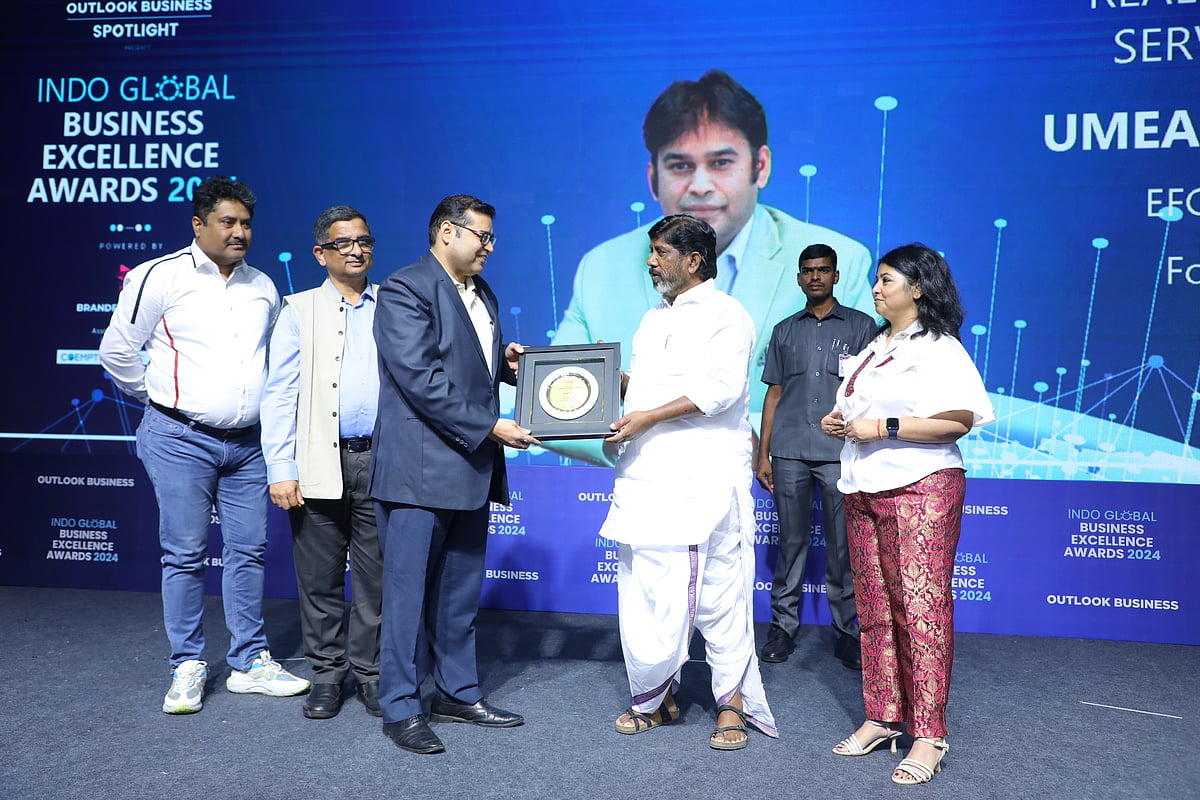Outlook Lens
People in Northern Rajasthan live on minimal to no water even in the 21st century. A huge share of their income goes into buying drinking water.
Advertisement
Latest
Advertisement
While India Meteorological Department in its -five-day forecast has predicted that heatwave conditions will continue to prevail over many parts of Gangetic West Bengal, the sizzling temperatures in Odisha and Jharkhand have led to the state governments declaring early summer vacation or changing timings for schools.
Advertisement
Lok Sabha Elections 2024 LIVE: With the first phase of voting over, political parties are now gearing up for the second phase on April 26. Ahead of the polling, Prime Minister Narendra Modi-led BJP has secured a clear win in Surat after the Congress candidate was disqualified and all other independent candidates pulled out from the race. Apart from this, PM Modi's minority remark row has grown with the opposition seeking his disqualification from the 2024 elections. Read below for the latest updates
Weeks after the deadly earthquakes of April 3, Taiwan was jolted by another set of earthquakes. As per the latest reports, Taiwan was struck by over 80 earthquakes in less than 24 hours.
Magazine
Magazine Home
Tamil Nadu, a bastion of Dravidian political ideology, has always been a difficult terrain for the Bharatiya Janata Party (BJP)
Can the 2024 Lok Sabha elections reverse the symbolic invisibilisation of Muslims from UP’s socio-political arena?
Nagina Lok Sabha constituency in Bijnor district has emerged as a key battleground for the future of Dalit politics in Uttar Pradesh
Arun Govil, who played Lord Ram in the popular television series, Ramayan, flips the conventions of devotion on the campaign trail
Politicians visiting Madhya Pradesh are making big promises to the people, but for the Adivasis, it’s still about Jal, Jungle, Jameen
In the calm foothills of the Eastern Himalayas, there is a storm brewing between the BJP and the TMC. The voters are divided
The BJP hopes to sweep Assam in the Lok Sabha polls riding on PM Modi and CM Himanta Biswa Sarma’s development and Hindutva agenda. The Opposition has constituency-specific strategies
Are Kashmiris set to heed politicians' call to come out and vote in large numbers?
Udupi, Dakshina Kannada and Uttara Kannada—districts in coastal Karnataka, which witnessed increased instances of polarisation in the last few years—have been the BJP’s stronghold
Will the BJP’s desperate efforts to splinter the people along caste, religious, regional and linguistic fault lines bear fruit in Tamil Nadu’s western districts?
Previous Issue
Advertisement
Advertisement
The first of the seven phases recorded an average approximate voter turnout of 68.31 per cent as per the latest figures, a slight decrease from the 2019 Lok Sabha phase one elections percentage of 69.43
TikTok Expresses Concerns Over Bill Mandating Potential U.S. Ban On The App, Says Report
In a post on social media platform X, Kaif reckoned that the ball to which Kohli got out on Sunday was a 'clear unplayable beamer'
Advertisement
Check out the list of the five most loved movies of the birthday boy.
Chunky Panday praised daughter and actor Ananya Panday for making it in Bollywood on her own.
Reportedly, invitations have been sent out to Bollywood celebrities for the wedding festivities in London.
Rajinikanth's 'Thalaivar 171' now has its official title.
popular
Advertisement
Technology is taking the world by storm with innovation and technological advances to facilitate better health care for people.
OT Itinerary: Your 2-Day Slow Weekend Guide To Kausani

































